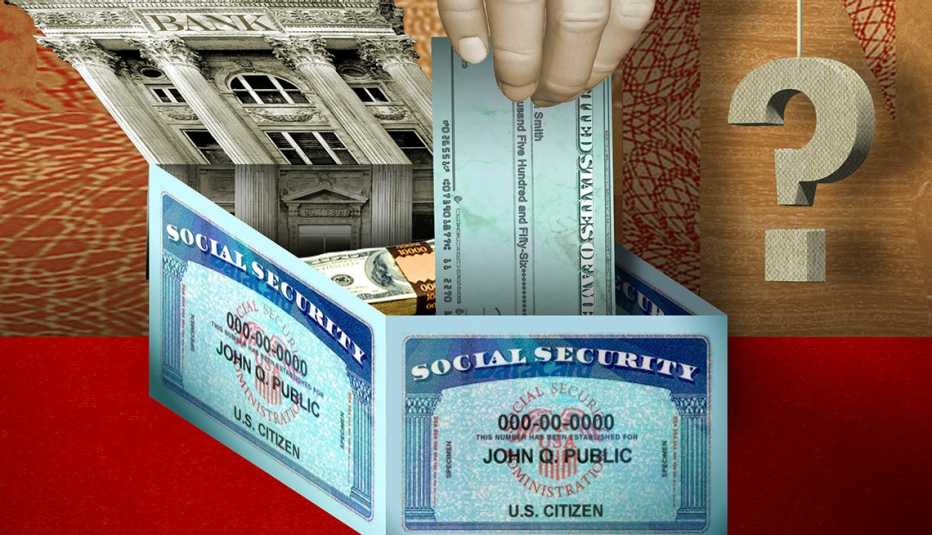AARP Hearing Center
Now in its 85th year, Social Security enjoys over 90 percent support among Democrats, Republicans and independents, according to an AARP survey of 1,441 people ages 18 and older.
The survey, conducted between July 14 and July 27, found near-universal support for Social Security: 96 percent of those polled regardless of affiliation said Social Security was either the most important government program or an important one compared with other government programs. And 2 in 5 of those surveyed said they will rely on Social Security as a substantial source of income in retirement. More than 69 million people — and almost 9 out of 10 of those 65 and older — get Social Security benefits, according to the Social Security Administration (SSA).
"It's crystal clear that Americans of all generations value the economic stability Social Security has offered for the last 85 years — even more so as we face the health and economic challenges of a global pandemic,” said Nancy LeaMond, AARP executive vice president and chief advocacy & engagement officer. “With so many Americans struggling to afford health care and other basic needs, Social Security is more important than ever — and AARP will never stop fighting to strengthen Social Security and make sure hard-working Americans get the benefits they've earned."
A big part of retirement
Retirement income traditionally consists of several parts. One is Social Security benefits, another is pension payouts and a third is personal retirement accounts, such as a 401(k) or an IRA. Then there is personal savings and, finally, investments. This is still true for some, but of the three most prominent legs, 39 percent of those polled in the AARP survey rely or expect to rely on Social Security benefits the most, followed by personal retirement account savings (34 percent) and employer-paid pensions (17 percent).
Among respondents, 81 percent said that they somewhat relied on Social Security payments or substantially relied or planned to rely on those payments. Forty-eight percent said the same about employer-paid pensions, while 70 percent said that they relied somewhat or substantially on money from a personal retirement account. Sixty-five percent relied on income from savings and investments.
COVID-19, and the wave of unemployment in its wake, has boosted the importance of Social Security, according to the poll: 56 percent say Social Security is more important now than it was before the pandemic. Only 1 percent thought Social Security was less important now than before COVID-19 hit. The overall unemployment rate in July was 10.2 percent, the highest since April 1983. The unemployment rate for workers 55 and older was 8.8 percent.
































































